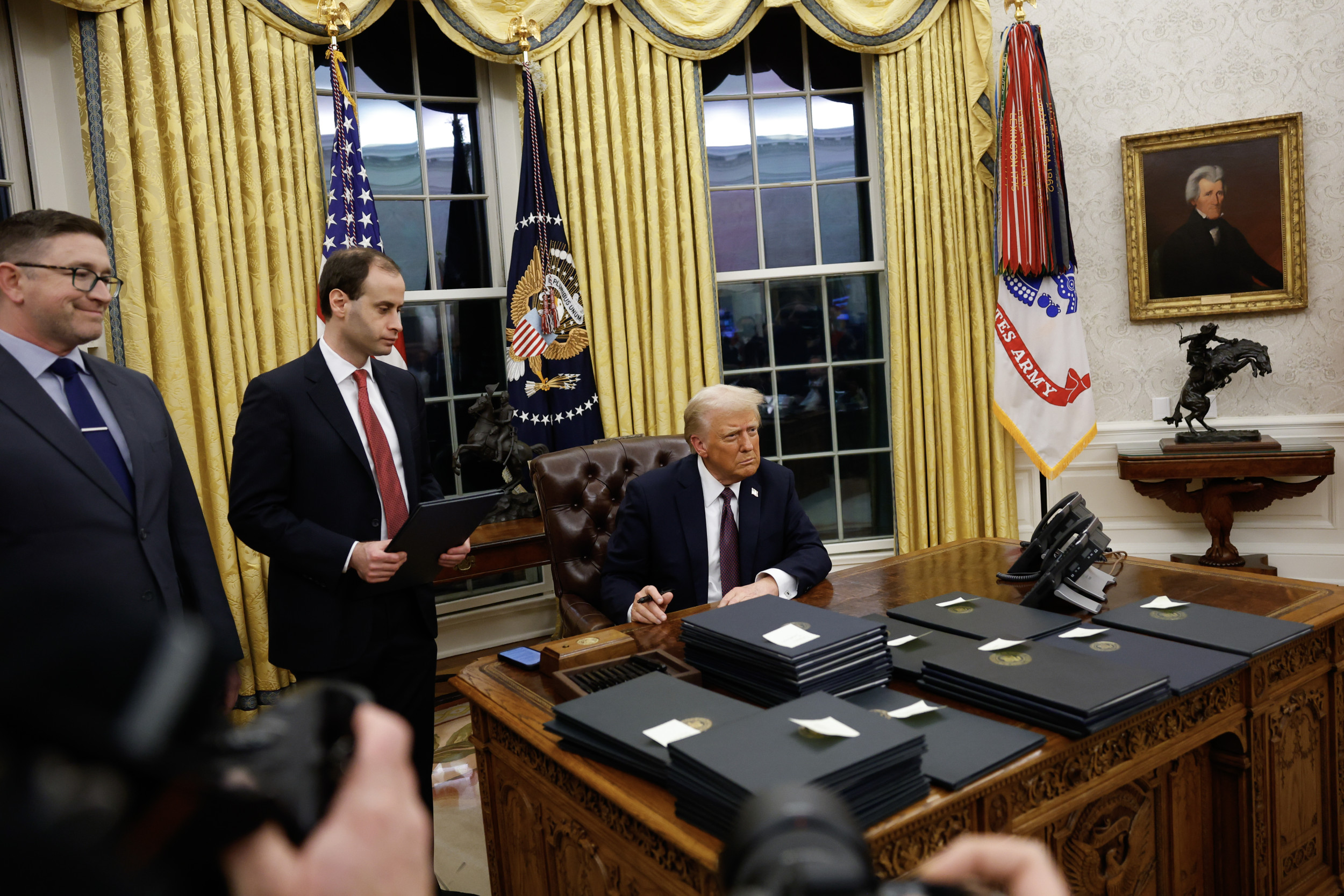The Sunshine State's condo market, which once offered residents affordable housing options, is on the verge of a crisis that could bring owners to their knees, according to experts.
A new law requiring regular inspection and costly maintenance for older condos has recently triggered an explosion of sales in South Florida, where owners are trying to offload their properties before they're faced with a bill they can't afford to pay.
"What is frightening and what people are afraid of and what I'm hearing across the board is astronomical assessments," said real estate agent Sue Christiano of Florida TV station WBBH on Monday. "I have to tell you yes. We're all suffering from shell shock from [Hurricane] Ian."
Why It Matters
Florida's new regulation on older condos is going into effect at the same time as the state, along with the rest of the country, is struggling with rising housing costs—including growing homeowners association fees, stubbornly high mortgage rates and skyrocketing home insurance premiums.
While the legislation was introduced to prevent disasters such as the June 24, 2021, condo collapse that killed 98 people, housing experts have raised alarm over the impact this could have on condo owners in the state. Many of them might be forced to sell their property or face foreclosure should repair assessment exceed the value of the homes—or what they can afford to pay.
What To Know
The new regulation, SB 4D, was introduced in May 2022 after investigations revealed that the collapse of the Champlain Towers South in the Miami suburb of Surfside was linked to years of deferred maintenance and repair, as well as an unwillingness to deal with the building's structural problems.
Under the new law, condos 30 years or older that are three stories high or higher had to receive a first inspection by December 31 to assess the state of the building and determine the cost of necessary repairs. After that first inspection, condo associations face the burden of proving they have the funds to complete the necessary maintenance.
The costs are expected to be high for condo owners. A recent report by the Florida Policy Project published earlier this month estimates that there are 1.1 million condo units that are more than 30 years old in the Sunshine State. The majority of them (58 percent) are concentrated in the counties of Broward, Miami-Dade, Palm Beach, Pinellas, Collier, Sarasota, Hillsborough and Manatee.
As a result of the inspections and assessments required by the new regulation, "some owners may face eviction, or the building could be condemned," the report warned.

The regulation has caused so much uncertainty and fear among condo owners that listings for condos over 30 years old have surged 56 percent year over year, according to the Florida Policy Project. But there aren't many buyers willing to take on the challenge these properties now present.
"Thousands have listed their existing condo for sale, but the buyer pool is slim with the impending and unknown assessments," the report said.
It continued: "The situation is entering a critical point with a looming deadline for all older condo buildings to have a 'plan in place' for repairs and upgrades. Furthermore, the shortage of qualified inspectors and engineers to assess the buildings is causing a growing backlog, which risks further compounding the issue."
What People Are Saying
Jeff Brandes, a former Florida senator and founder and president of the Florida Policy Project, wrote Wednesday in Florida Today: "Florida's condo crisis isn't just a technical problem; it's a systems problem. It's what happens when small decisions—choosing not to increase fees, ignoring the signs of wear, putting off repairs—accumulate over decades."
Renea Nedierman, a resident of a condo in Fort Myers, told WBBH: "It's food or condo fee, you know."
What's Next
The Florida Policy Project said it's likely that the state government will extend the deadline of December 31 to give condo associations more time to get their reserves ready to face any necessary maintenance, but "they will not change the need for repairs."
The situation, as it is, is one where no one is happy. "While older condos do provide housing affordability, living in unsafe structures is not a good option for any resident," the Florida Policy Project wrote.




















 English (US) ·
English (US) ·